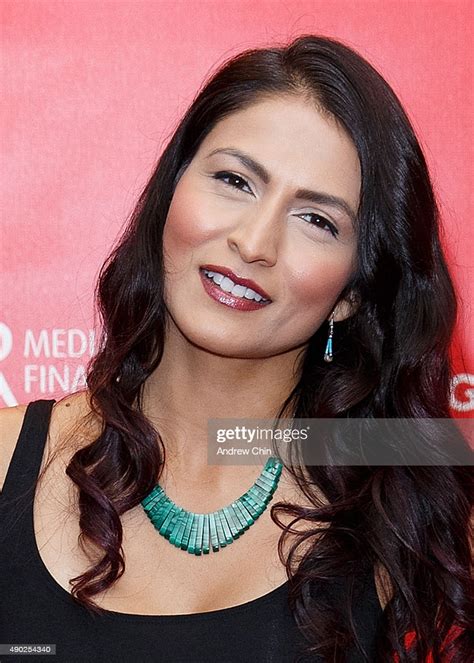A Quote by Simon Van Booy
In the end I didn't know who I was crying for, but it was something my body wanted to do, as though trying to digest grief.
Related Quotes
He gulped. "No, we aren't done chatting. Why aren't you afraid of dying?"
"Everything and everyone has an end," she said. "I mean, you're going to be killed soon and though I loathe the thought, you don't see me crying about that, either. I know what will happen, and I accept what cannot be changed. I'm trying to live while I can. While we can. Dwelling on the bad is what destroys all hints of joy.
There is a kind of crying I hope you have not experienced, and it is not just crying about something terrible that has happened, but a crying for all of the terrible things that have happened, not just to you but to everyone you know and to everyone you don’t know and even the people you don’t want to know, a crying that cannot be diluted by a brave deed or a kind word, but only by someone holding you as your shoulders shake and your tears run down your face.
Grief is neither a disorder nor a healing process; it is a sign of health itself, a whole and natural gesture of love. Nor must we see grief as a step toward something better. No matter how much it hurts-and it may be the greatest pain in life-grief can be an end in itself, a pure expression of love.
...situations evolve as matter responds to the conditioning of time and space...If you know what is contained in time from its beginning to its end you are somehow no longer in time. Even though you still have a body and still eat and do what you do, you have discovered something that liberated you into a satisfying all-at-oneness.
We shuffle out of office buildings after being laid-off by draconian bosses; we sit on hold for ten minutes only to be told by a supervisor that the charge on our cable bill can't be removed; we click a crying emoji on Facebook as our last whimper of protest. So rather than end the story ["Ice Age"] with the expected violence and destruction of evil, I wanted to focus on the way the characters end up sabotaging their own community though their attachments to the consumerism of the old world.
Now look at me! Take a good look! I was born and I knew I was alive and I knew what I wanted. What do you think is alive in me? Why do you think I'm alive? Because I have a stomach and eat and digest the food? Because I breathe and work and produce more food to digest? Or because I know what I want, and that something which knows how to want—isn't that life itself? And who—in this damned universe—who can tell me why I should live for anything but for that which I want?
I'm trying to teach my children not to cry. That's the big thing. No crying. Because I think we can all agree that crying is, for the most part, for sissies. If my team loses, I'm going to cry. And I'm going to want my kids to see me crying. Not because I think sports are so important, but because I bet so much money on the game that we'll probably lose the house if my team doesn't win. That's something to cry about.
Zach walked away, but I stood there for a long time, wondering if I should go to my mother; if I should go to my friends; but instead I slipped into the corridors I hadn't used in months, pushed my way through cobwebs and darkness, trying to walk away from the tears that burned hot down my cheeks, because maybe I didn't want to admit weakness; maybe I wanted to wallow in my solitude and grief. Or maybe crying is like everything else we do—it's best if you don't get caught.
Do you know how to digest your food? Do you know how to fill your lungs with air? Do you know how to establish, regulate and direct the metabolism of your body -- the assimilation of foodstuff so that it builds muscles, bones and flesh? No, you don't know how consciously, but there is a wisdom within you that does know.
Most of the time, it just sat there in my body, until the weekend. After five or six takes of crying, your body does not want to cry anybody. Your body is like, "I'm over this, can we start laughing, or something?," but you have to keep the emotion. It's a really weird process and it definitely just stays with you.





































